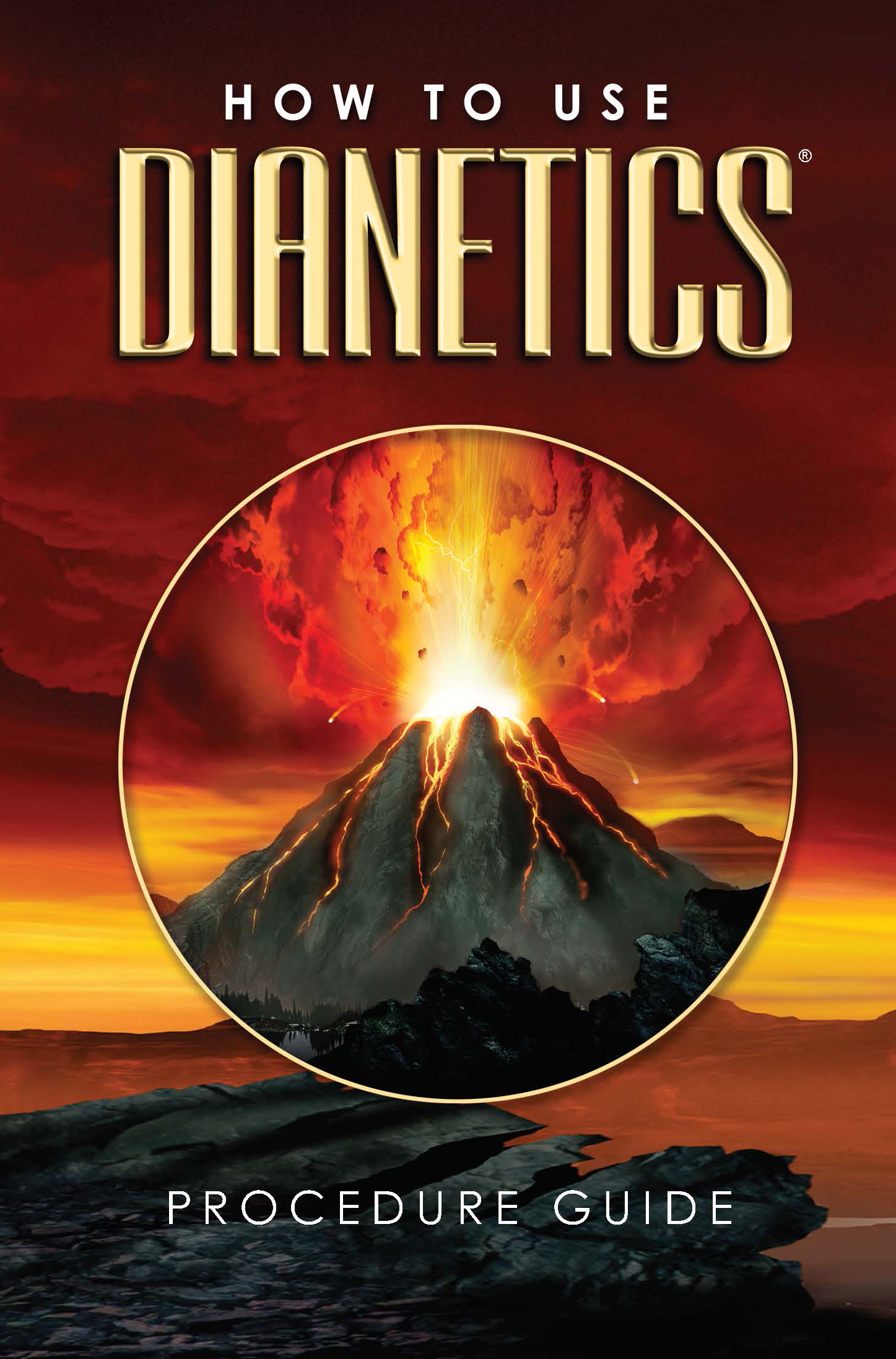All about Dianetics
All about Dianetics
Blog Article
More About Dianetics
Table of ContentsThe Dianetics IdeasUnknown Facts About DianeticsThe 2-Minute Rule for DianeticsOur Dianetics Statements
I could not ever before not wish to receive anything that enters your mind for you- if it was otherwise, I would not be sitting here with you, doing this. I not just might never have a trouble, or otherwise desire to listen to something that comes to mind for you, but I'm completely excited to know every idea, every thought, every picture or sensation that arises or manifests for you- don't ever before think otherwise, and if for some factor you do, please just let me understand! Occasionally, you may have a thought, and image, concept or event pop up that does not seem to respond to the concern, or associate with it, yet nevertheless, always do inform me concerning it, and as we proceed, the significance will certainly arise for you.This is inherent in the basis of handling, and the topic of this discussion: the fundamental duties of the counselor and the customer: The basic role of the therapist is, unlike "conventional training", not to control, which suggests to implement and/or prevent, however to rather work from the basis of EMPOWERING THE CLIENT.

The 6-Minute Rule for Dianetics
John Mcmasters shared this basic truth incredibly well in among his lectures on Power handling, in which he explains how he was asked what this "unique propensity" was that he had for offering such terrific sessions; he had to think of that for a moment, and detected that it was what he had not been doing, as well as what he was doing: he wasn't reviewing, evaluating, computer, or actually, producing any ideas, let alone spoken expressions, after providing the command and while waiting for the computer to finish their response to their satisfaction; he was, merely and just, being present with the computer, and entirely interested.
The duty of the therapist, demonstrated; that was his "special flair". I have had my own experience which instructed me this well, extremely beforehand in the game. In 1982, having just recently finished my training and teaching fellowship on New Age Dianetics, I was running this on a PC, and there was a factor in the session where (being a little bit damp behind the ears not yet having several hours under my belt as a professional auditor) the PC appeared to be "taking too lengthy" to express anything vocally after I gave him a command.
This trick became one of the most important contribution that John ever made to the topic of therapy or auditing (Dianetics). In my modest opinion, it is the best contribution that any individual has actually ever before made to these subjectsthe application is entirely non-judgemental, non-evaluative, and without any suggestion, suggestions or opinion.no click this site preconceived program for individuals, or 'degrees' that they should do
In Idenics, the only resource of information regarding a customer is the private client. In Scientology we prided ourselves on not examining for people. But all that actually implied was that the auditor did not VERBALLY examine for the PC in session. The registrars and principles officers evaluated for the computer.
The 9-Minute Rule for Dianetics

Anyone that had actually ever before seen John audit can not help yet see a special high quality in his auditing."The customer's fundamental duty is to be there with the objective of moving in the direction of their spiritual objectives, and to freely and totally reveal and experience whatever manifests for them in answering the inquiries and performing the directions in the handling.
This is something to procedure as required. But also, individuals frequently have previous experience and/or brainwashing in auditing/processing which, somehow, and to some extent, really misleads them into perspectives, ideas and behavior patterns that protect against the complete awareness of these functions, and so they will certainly have a tendency to hinder the expressing of what comes to mind, as in the examples given over. * The initial, and maybe primary instances of mis-indoctrination resulting in less than completely smooth and effective sessions, can be discovered in particular aspects of the training regimens, or "TR's":"TR's" are typically an individual's initial, or at least early, experience in Scientology, click here for more info and while I will go on to clarify what I see as the defects in idea and technique, nonetheless, often tend to be significantly healing, done as they are provided (Hubbard firmly insists that "TR's are not refining, they are training", but factually, they are both handling AND training)
There is no "failing", and no rejection of the truth of this being processing. The focus, as it needs to be, is on experiencing the other person's existence.
Some Known Details About Dianetics

Report this page